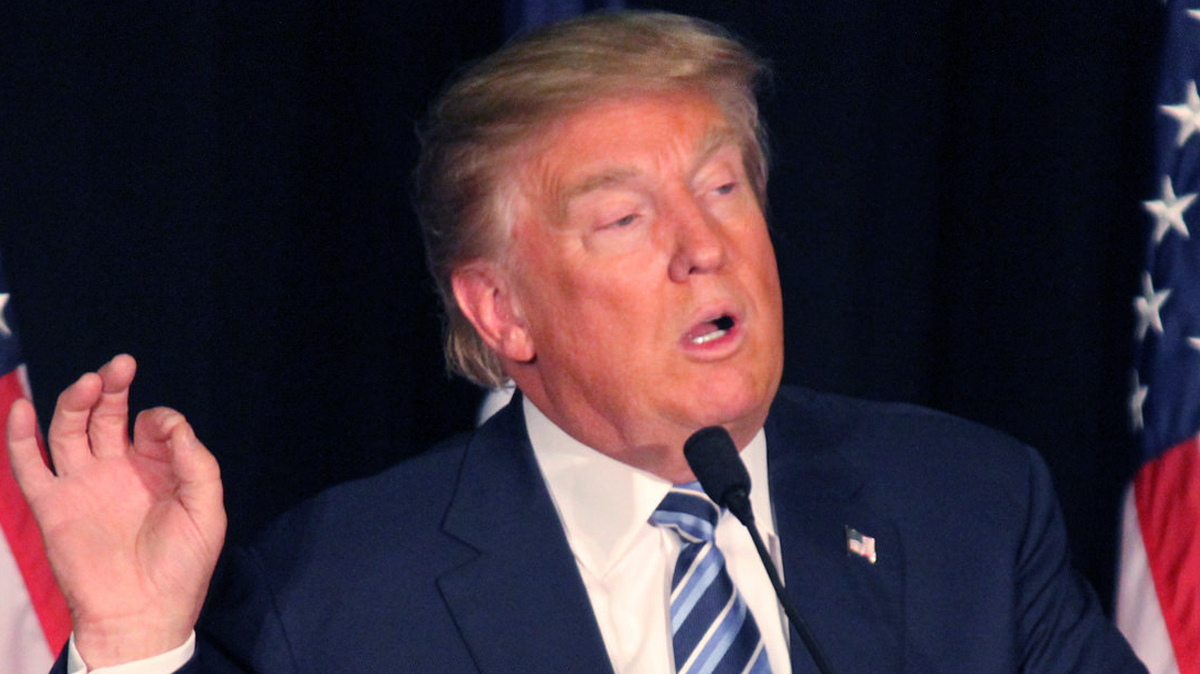The U.S. national debt, currently at $36.2 trillion, is expected to rise by $2.8 trillion over the next decade due to President Donald Trump's "One Big Beautiful Bill Act," according to the Congressional Budget Office (CBO). This increase is $441 billion more than current projections. The Senate version of the bill could add $3.3 trillion to the national debt by fiscal year 2034.
Senate Republicans claim they have reduced the bill's cost by 90% using an accounting method that excludes ongoing tax policies from cost calculations. Marc Goldwein from the Committee for a Responsible Federal Budget criticized this as "the biggest and maybe most economically costly gimmick in American history."
Concerns are raised about potential impacts on programs for low-income Americans, including significant cuts to Medicaid and SNAP food assistance. Luz Tavarez from Catholic Charities USA emphasized balancing national debt concerns with maintaining support for vulnerable populations.
The U.S. Treasury Department describes the national debt as essential for funding public programs but warns of inflationary pressures if these programs are cut. Goldwein explained that higher debt can slow income growth and increase interest rates, affecting everything from credit card bills to student loans.
Economist Anthony Annett likened rising national debt to adding fuel to a fire, noting that budget deficits already exceed acceptable levels. He warned that higher interest payments could reduce funds available for Social Security and Medicare.
The U.S. Conference of Catholic Bishops expressed strong opposition to proposed cuts in a letter to Congress, citing moral obligations toward economic justice.
President Trump has set a July 4 deadline for passing the bill, which moved forward in the Senate with a narrow vote on June 29.
 Alerts Sign-up
Alerts Sign-up






